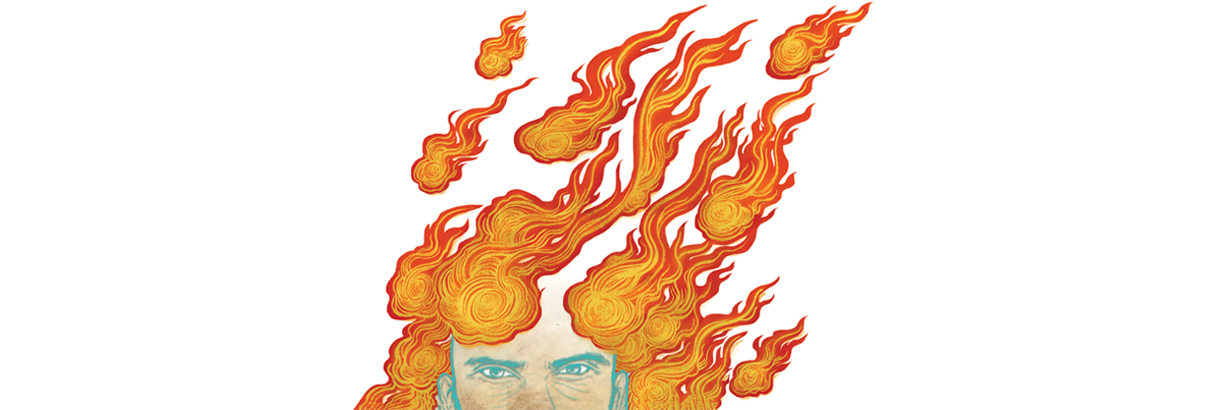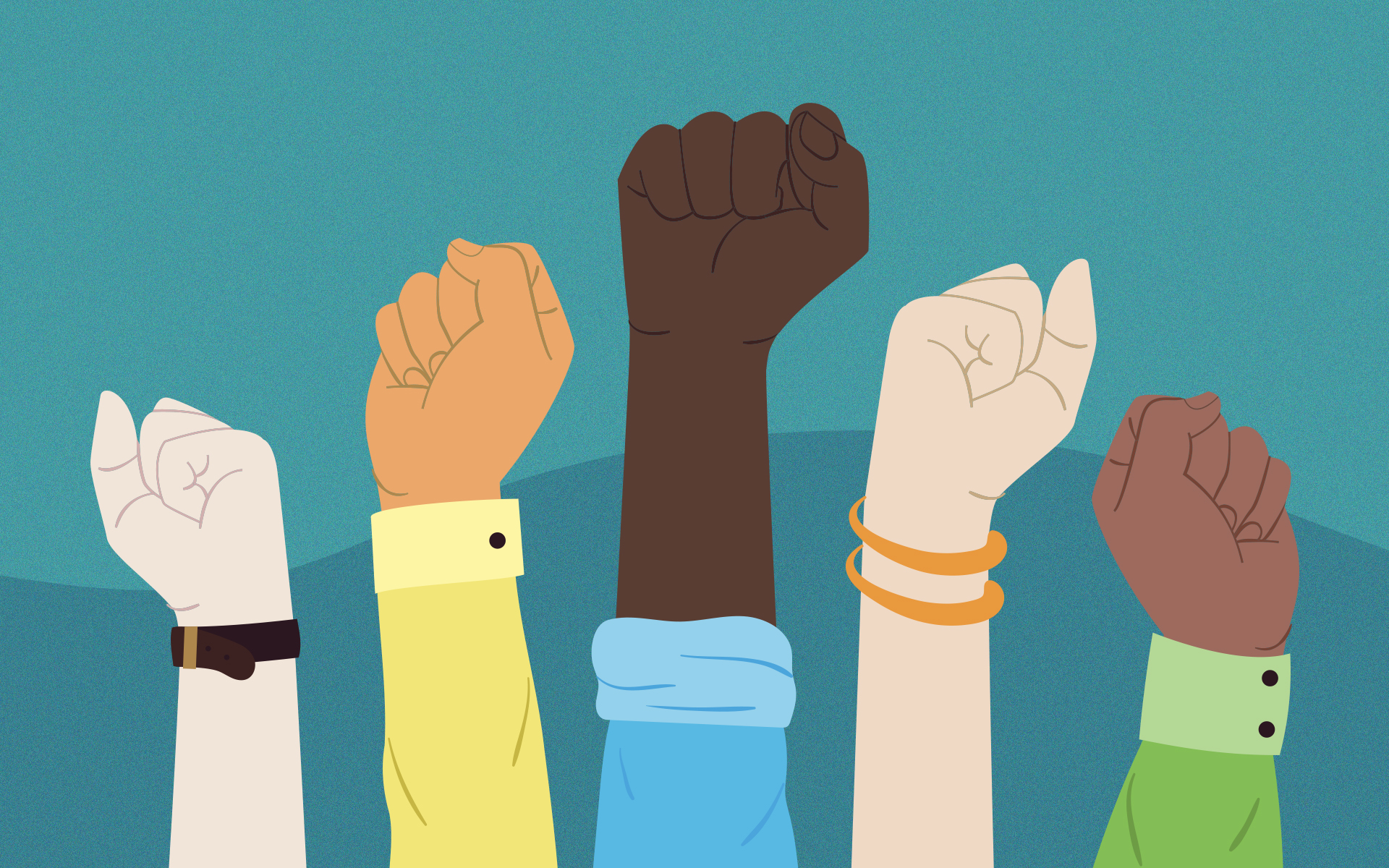Here’s how to tell if you’re a blamer: When something goes wrong, do you immediately want to know whose fault it is or do you make room for empathy and accountability? If you’re guilty of the former, you’re probably a bit of a blamer—But take heart, you’re in good company. In this animation by the Royal Society for the encouragement of Arts, Brené Brown shares a funny story illustrating the magnitude to which she’s a blamer (spoiler: it ends with her getting hung up on by her husband). Brown goes on to share some research and insights into this toxic behavior—Here are two interesting takeaways:
Two Lessons on Blame
Blame releases discomfort and pain: We often try to fault others for our mistakes because it makes us feel like we’re still in control. “I’d rather it be my fault than no one’s fault,” says Brown. But leaning into the discomfort of mistakes is how we can learn from them. “Here’s what we know from the research,” says Brown, “blame is simply the discharging of discomfort and pain. It has an inverse relationship with accountability. Blaming is a way that we discharge anger.”
Blame is simply the discharging of discomfort and pain.
Blame is faster than accountability: Accountability is a vulnerable process that takes courage and time. “It means me calling you and saying, hey my feelings were really hurt about this, and talking,” says Brown. “People who blame a lot seldom have the tenacity and grit needed to hold people accountable. Blamers spend all of our energy raging for 15 seconds and figuring out whose fault something is,” adds Brown. It’s difficult to maintain relationships when you’re a blamer, because when something goes wrong, we’re too busy making connections as quickly as we can about whose fault it is, instead of slowing down, listening, and leaving enough space for empathy to arise.
Read More
Feeling Overwhelmed? Try the RAIN Meditation
You can take your time and explore the RAIN meditation as a stand-alone practice or move through the steps in a more abbreviated way whenever challenging emotions arise.
Read More
Cooling the Raging Fires of Anger
Anger can be our undoing, but it doesn’t have to be that way, says Jeffrey Brantley, M.D.
Read More









